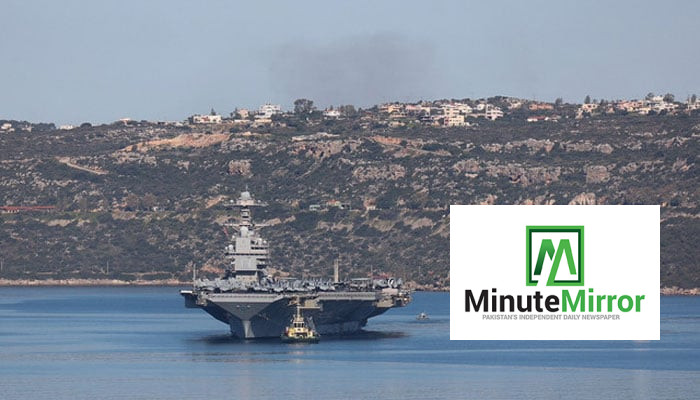Germany on Thursday deported 20 convicted criminals to Afghanistan under a new agreement reached with the Taliban government to allow direct expulsions, the interior ministry said.
Berlin had already resumed deporting criminals to Afghanistan in…

Germany on Thursday deported 20 convicted criminals to Afghanistan under a new agreement reached with the Taliban government to allow direct expulsions, the interior ministry said.
Berlin had already resumed deporting criminals to Afghanistan in…
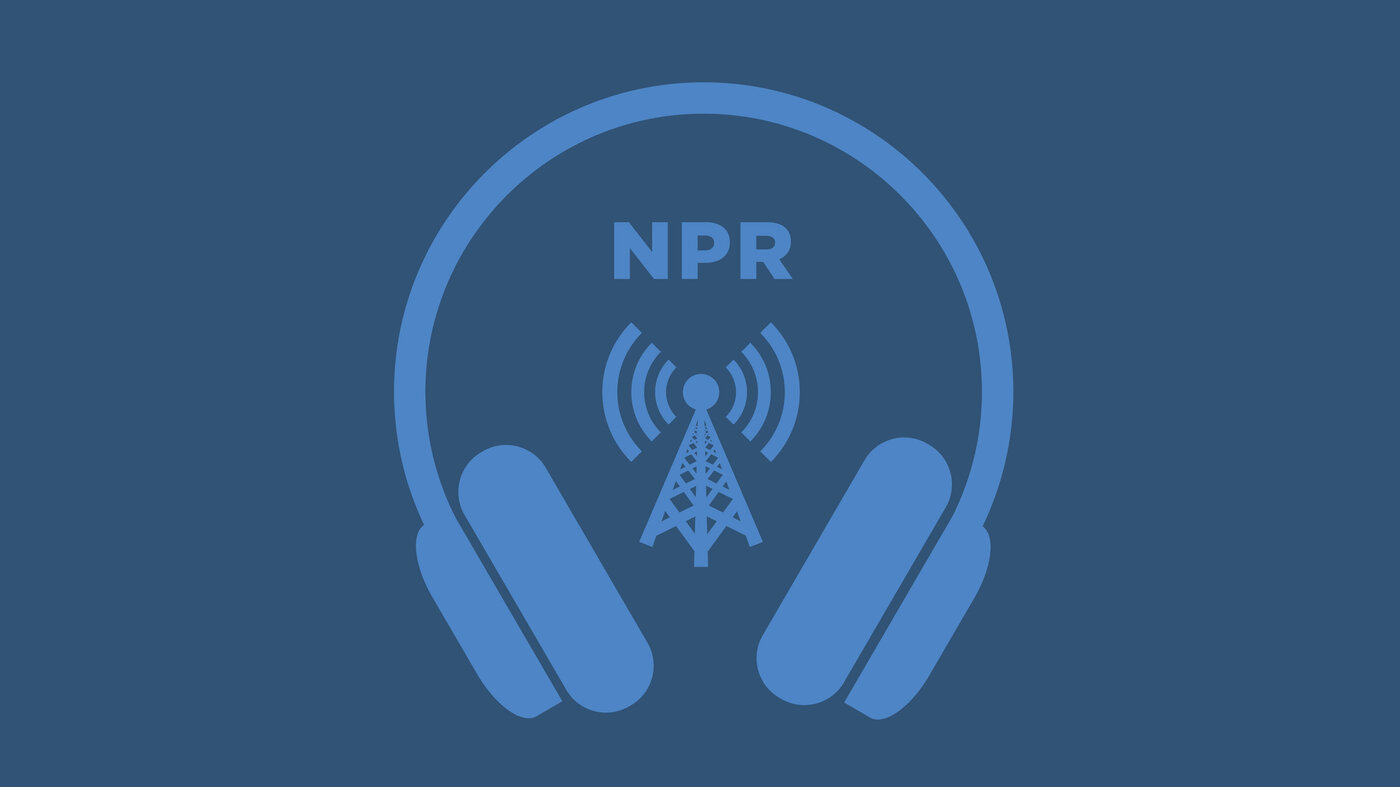
TERRY GROSS, HOST:
This is FRESH AIR. I’m Terry Gross. President Trump has said he’ll use military force against Iran unless its government agrees to U.S. demands that Tehran shut down its nuclear program and pledges to…
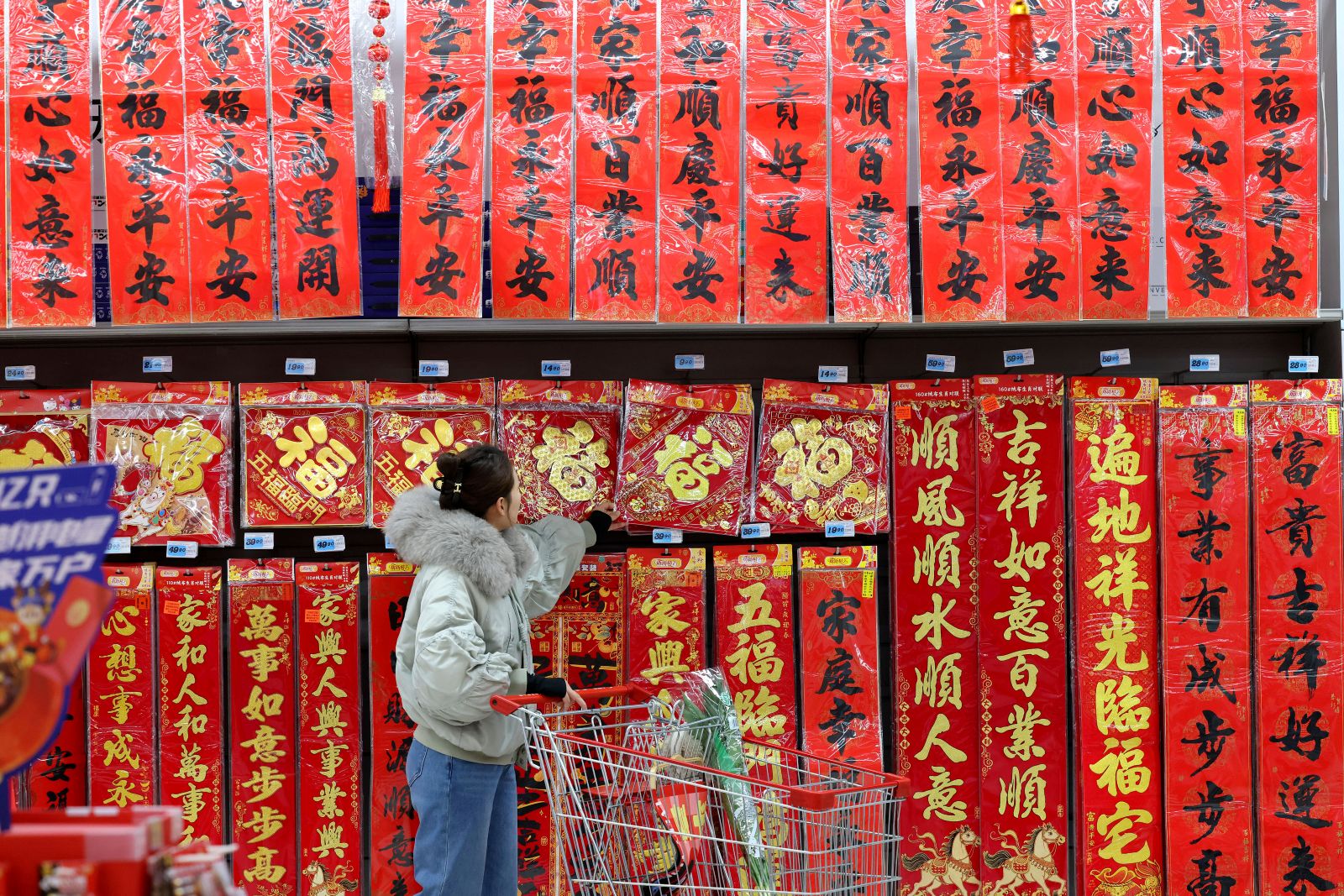
Pressure is mounting for a shift in direction. China’s economic growth looks precariously balanced on one leg – its thriving exports – as weak domestic consumption and falling investment leave other potential growth engines sputtering.
But…
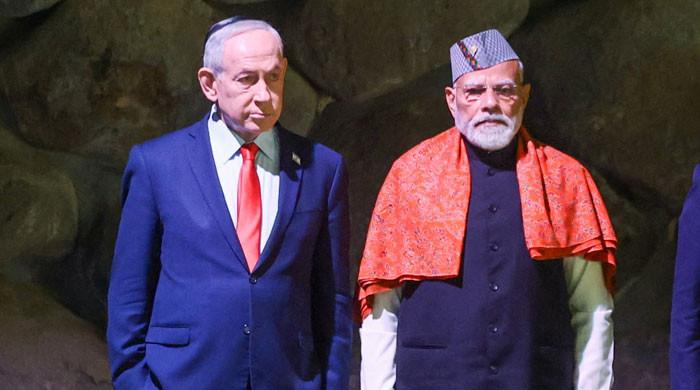
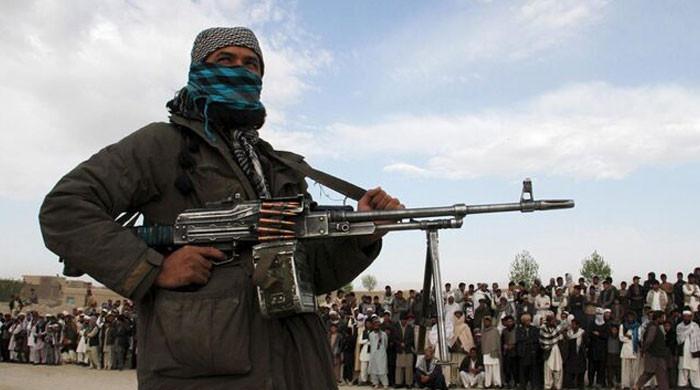
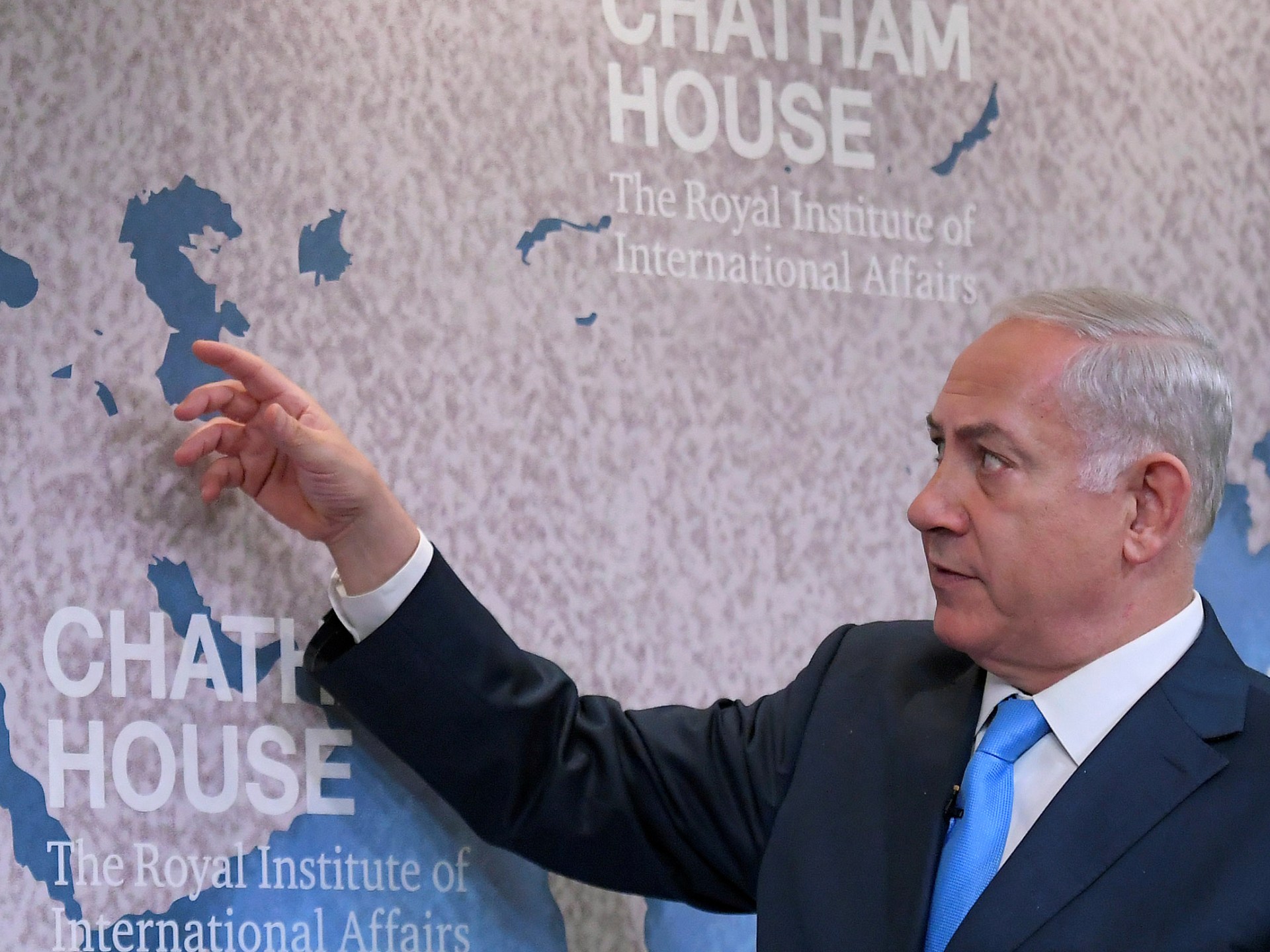
Recent comments by United States and Israeli officials supporting the concept of a “Greater Israel” have raised alarm bells across the region and shed light on a vision once only rarely publicly spoken about.
An interview aired last week by…

GENEVA: Killings of civilians in Sudan’s war more than doubled in 2025 compared with the previous year, the United Nations rights chief said Thursday, warning that thousands more dead are unidentified or remain missing.
Since April 2023, Sudan…
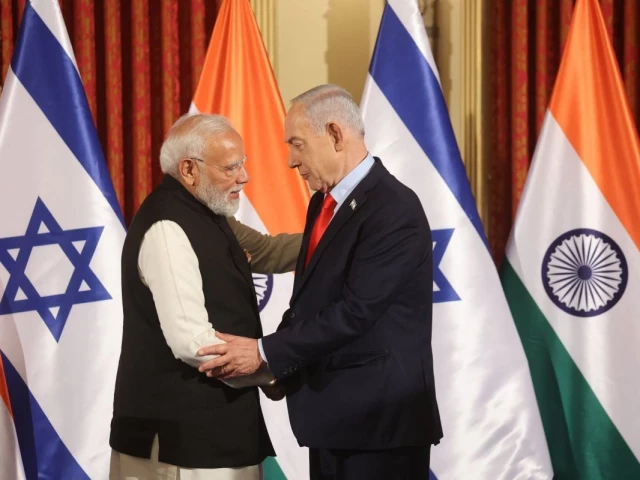
Israel’s Prime Minister Benjamin Netanyahu shakes hands with his Indian counterpart Narendra Modi during a press conference in Jerusalem on February 26, 2026. PHOTO: AFP
